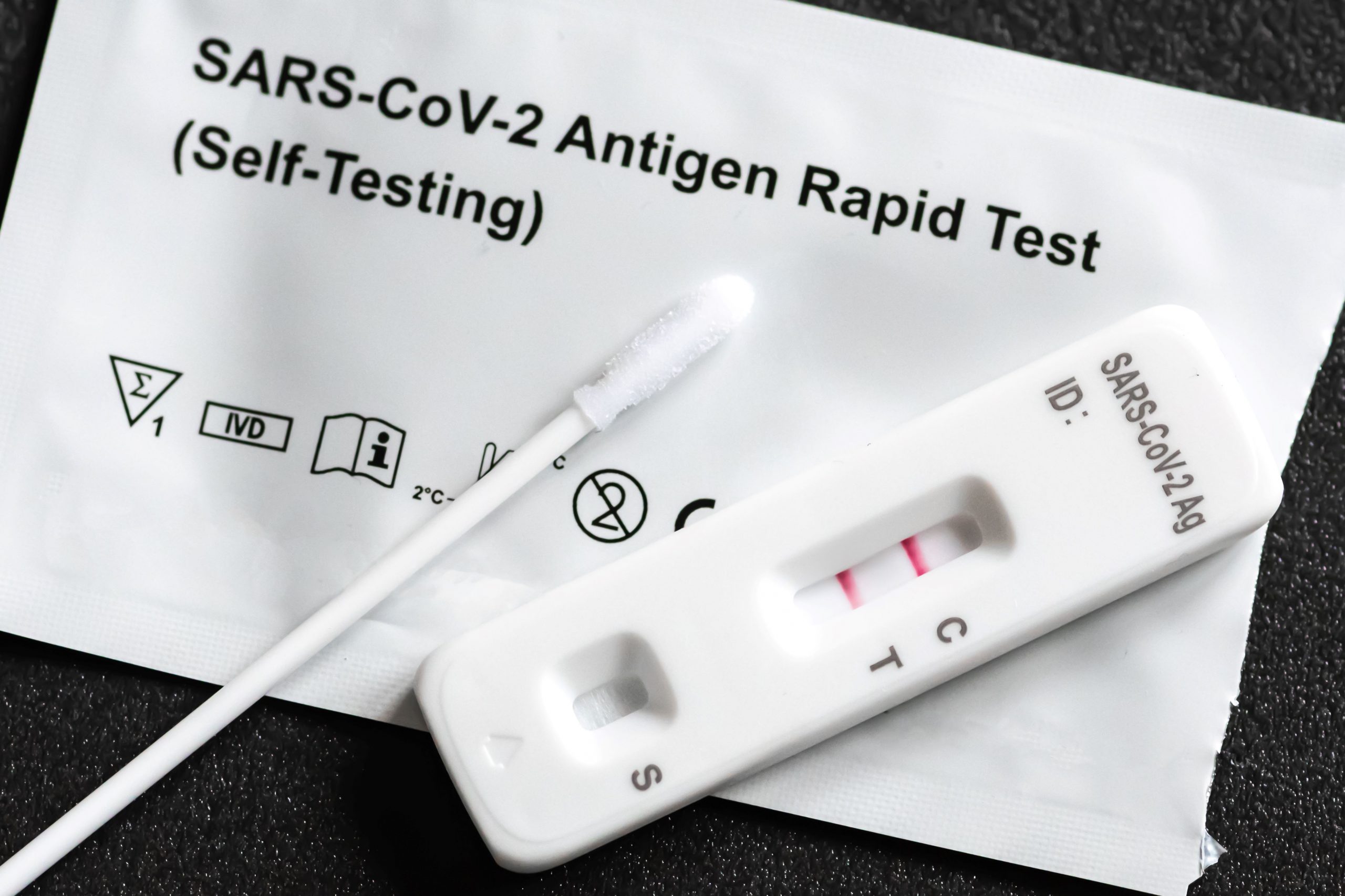A recent study revealed a concerning correlation between excess weight and a decreased antibody response to SARS-CoV-2 infection, although this effect does not seem to impact the protection provided by COVID-19 vaccines. Conducted by researchers at the University of Queensland and published in the scientific journal “Clinical & Translational Immunology,” the study focused on the impact of COVID-19 on overweight individuals.
Previous research from the same team indicated the heightened severity of the disease among overweight individuals, regardless of whether they were classified as obese. Marcus Tong, a doctoral candidate at the School of Chemical and Molecular Biosciences at the University of Queensland, said that new findings show a link between excess weight and a poor antibody response to the virus but not to vaccination.
The study collected blood samples from individuals who had recovered from COVID-19 and had not been reinfected during the study period, ranging from three to 13 months post-infection. Tong emphasized that three months after infection, increased Body Mass Index (BMI) appeared to be associated with reduced antibody levels. Thirteen months post-infection, high BMI was linked not only to decreased antibody response but also to a lower count of B cells in the immune system responsible for generating antibodies against SARS-CoV-2.
Interestingly, high BMI did not affect the antibody response to COVID-19 vaccination, as observed in measurements taken around six months after the second vaccine dose.
This study’s implications suggest an increased risk of reinfection and emphasize the need for vaccination among overweight individuals. Kirsty Short, Associate Professor at the University of Queensland, noted that these findings could significantly impact public health policies, stressing the importance of personalized recommendations for overweight individuals, both concerning COVID-19 management and potential future pandemics.






